Retro Replay Review
Gameplay
Alex Ferguson’s Player Manager 2001 places you squarely in the dugout of a professional football club, giving you full tactical control over every aspect of your team. From the moment you take the reins of an English, French, or Belgian squad, you’re tasked with devising matchday formations, selecting training regimens, and adjusting strategies to counter opposing styles. The depth of managerial responsibility means that every decision carries weight—from carefully managing player morale during a tough losing streak to balancing youth development against the need for instant success.
(HEY YOU!! We hope you enjoy! We try not to run ads. So basically, this is a very expensive hobby running this site. Please consider joining us for updates, forums, and more. Network w/ us to make some cash or friends while retro gaming, and you can win some free retro games for posting. Okay, carry on 👍)
The real-time 3D match engine shines when it comes to making tactical tweaks on the fly. Watching your formation unfold on the pitch allows you to spot weaknesses immediately and switch tactics or make substitutions to stem the tide. The ability to pause, rewind, and fast-forward gameplay gives you granular control over critical game moments, ensuring that you never miss an opportunity to alter your team’s fortunes. While you can’t directly control individual players with a gamepad or keyboard, your strategic input feels immediate and impactful.
Beyond matchdays, the training system offers a robust set of drills designed to improve passing accuracy, shooting power, stamina, and morale. You can tailor sessions to specific positions, allowing your defenders to improve marking skills or your strikers to refine their finishing. Scouting networks span multiple subdivisions, feeding you reports on emerging talents or seasoned professionals looking for a new challenge. Managing club finances ties it all together, forcing you to weigh transfer budgets against wage demands and long-term stability.
One of the game’s unique draws is the dual role mechanic: you can both manage your side and step onto the pitch in a player capacity. While you can’t issue direct commands to control every dribble or tackle, this feature immerses you in the squad atmosphere and adds an extra layer of realism. Whether you’re chasing Champions League qualification or fighting to preserve your club’s reputation, the breadth of options in Player Manager 2001 makes every season feel like a fresh tactical puzzle.
Graphics
Considering its release in 2001, Alex Ferguson’s Player Manager offers a respectable 3D match presentation that remains charmingly nostalgic today. Players are rendered with enough detail to distinguish between different kits, and stadium atmospheres breathe life into every home and away fixture. Crowd animations and pitch textures might seem dated by modern standards, but they deliver a clear view of on-pitch action and important tactical shifts.
The user interface balances functionality and clarity, with well-organized menu screens that guide you through squad management, transfer negotiations, and youth development. Icons and tooltips make it easy to compare player attributes at a glance, while tactical boards let you drag and drop player positions seamlessly. Although window layouts can feel cramped on higher resolutions, the depth of information provided on each screen ensures you never lose sight of your immediate objectives.
Match camera angles vary between broadcast-style overhead views and closer, sideline perspectives, allowing you to find the perfect vantage point for your tactical insights. The animations aren’t fluid by today’s games, but the match visuals effectively communicate player movement, passing lanes, and key defensive moments. Special attention to detail—like rain effects on the pitch and flag movements at corner kicks—adds to the immersion.
Off the pitch, the graphical presentation of charts, graphs, and stat sheets is crisp and readable. When reviewing player performance or digging into financial snapshots, you’ll appreciate the clean design that keeps data clutter to a minimum. These graphical flourishes may be subtle, but they play a crucial role in helping you make informed managerial decisions.
Story
Unlike narrative-driven football titles, Alex Ferguson’s Player Manager 2001 crafts its story through the highs and lows of your managerial career. You begin with modest ambitions—perhaps steering a mid-table team to safety—before gradually setting your sights on continental glory. The game’s branching objectives, such as Champions League qualification or preserving club reputation, provide structured milestones that guide your progression.
The inclusion of real-life managerial icons—Alex Ferguson for the UK release and Guy Roux for the French version—lends authenticity to your journey. Their expert tips and occasional in-game commentary pepper the managerial experience with industry insights, making every press conference feel like a nod to real-world football drama. Rivalries develop organically, whether you’re trading blows with neighboring clubs or battling league leaders for the top spot.
Player narratives emerge as part of the overall career arc. You’ll witness young prospects blossom into first-team regulars or deal with seasoned veterans demanding improved contracts. Injuries, suspensions, and unexpected loss of form add twists to your season, encouraging you to think on your feet. While there’s no traditional campaign storyline, the interwoven challenges create a personalized saga with each saved game file.
The game’s historical context—starting in 2001—adds nostalgic appeal for fans of that era. Classic kits, period-specific rule sets, and a soundtrack reflective of early-2000s football games round out a compelling backdrop. Whether reminiscing about golden-era matchups or forging your own path, the story you craft as manager feels both credible and uniquely yours.
Overall Experience
Alex Ferguson’s Player Manager 2001 stands as a deep and rewarding management sim that will test your strategic acumen and long-term planning skills. Its blend of real-time 3D match action and comprehensive off-pitch responsibilities ensures that no two seasons play out identically. For those who love detailed football simulations, the game offers hours of engrossing gameplay, from scouting hidden gems to orchestrating last-minute tactical masterstrokes.
The learning curve can be steep for newcomers, with a wealth of menus and tactical options to explore. However, the game’s intuitive layout and helpful tooltips ease you into the core systems, making it accessible to both hardcore strategy fans and casual football enthusiasts. Patience and attention to detail are rewarded, as mastering the balance between training intensity, squad rotation, and financial health is key to long-term success.
While modern football sims boast higher-fidelity graphics and deeper online features, Player Manager 2001’s charm lies in its focused approach. It doesn’t overwhelm you with microtransactions or superfluous modes; instead, it zeroes in on what matters most—your vision for the club. The ability to manage and play adds versatility, giving you a sense of direct involvement even when you’re in the dugout.
In summary, Alex Ferguson’s Player Manager 2001 remains a compelling choice for those craving a classic football management experience. Its intricate gameplay mechanics, timeless 3D match engine, and emergent storytelling combine to deliver an engaging simulation that stands the test of time. If you’re ready to embrace the challenges of the beautiful game from the manager’s seat, this title offers unparalleled depth and replayability.
 Retro Replay Retro Replay gaming reviews, news, emulation, geek stuff and more!
Retro Replay Retro Replay gaming reviews, news, emulation, geek stuff and more!
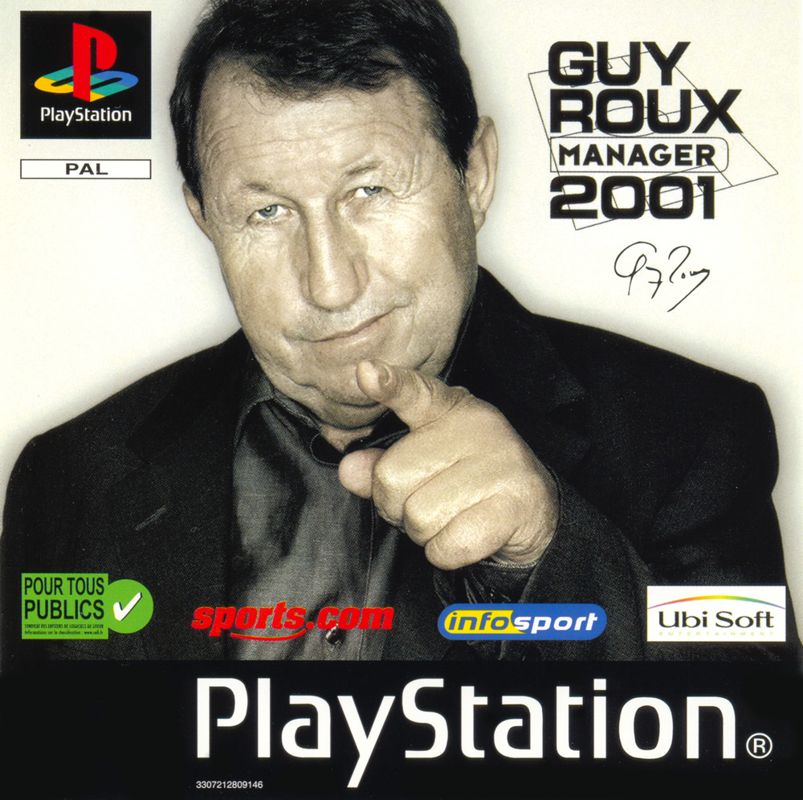
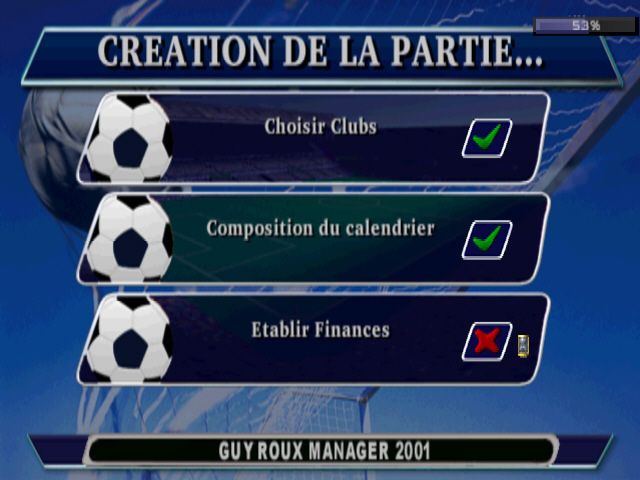

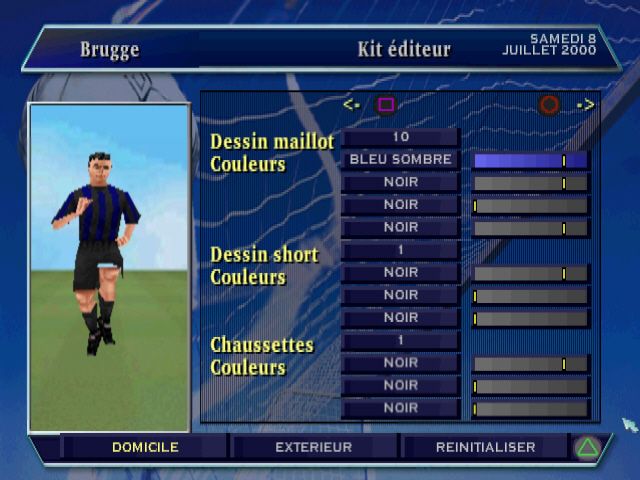
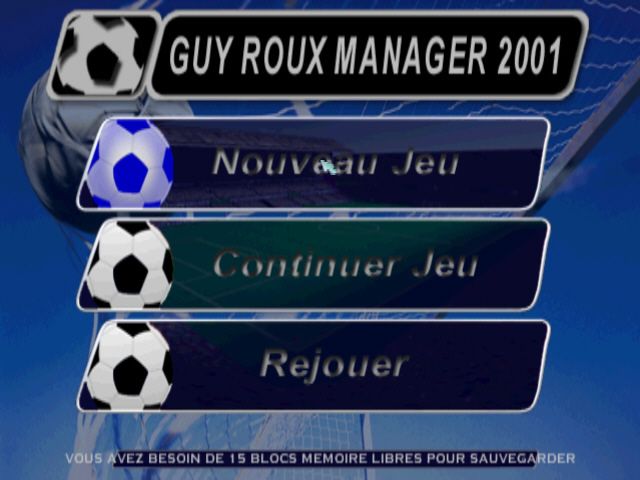
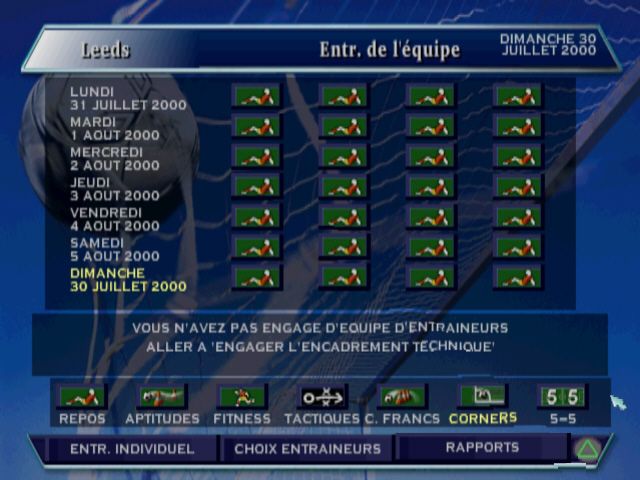



Reviews
There are no reviews yet.